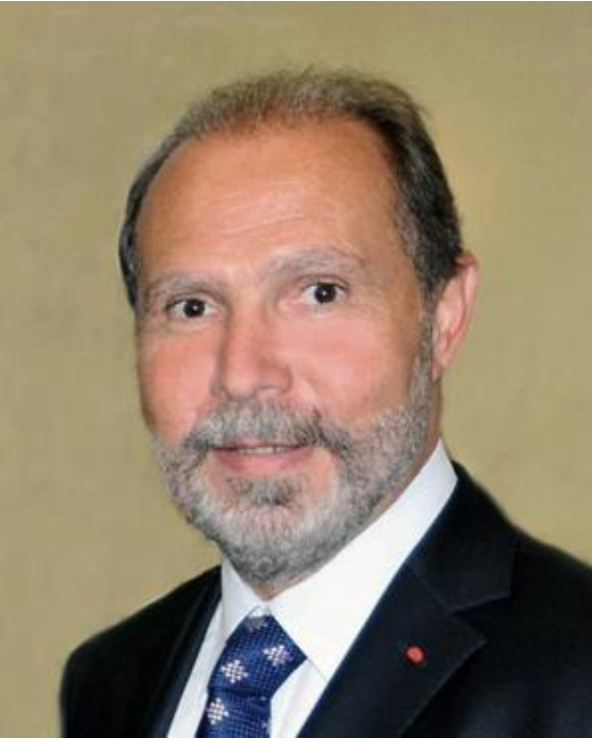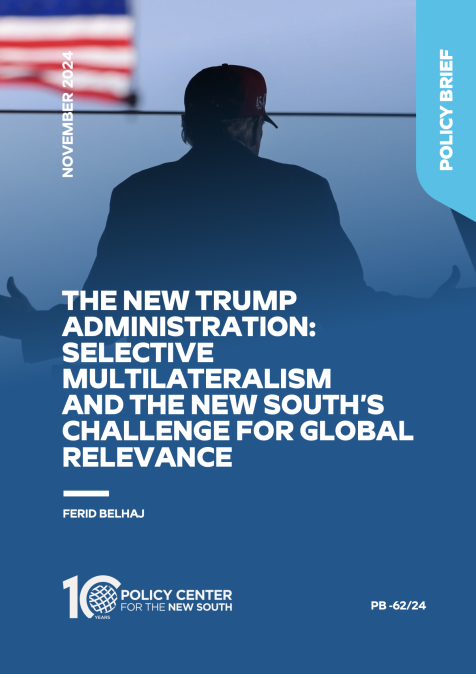Interview avec Pascal Chaigneau, Directeur du Centre HEC de Géopolitique, sur la puissance maritime
October 22, 2019
Questions : 1/ Quelle est l’ampleur du phénomène de dilatation de puissance maritime et à qui profite-t-il ? 2/ D’aucuns s’accordent à admettre que l’Afrique constituerait le champ de compétition des superpuissances maritimes, Américaine et Chinoise. Comment cette compétition pourrait-elle impacter les pays du continent africain ? 3/ Vous semblez regretter un manque de vision maritime en Afrique. Quelles sont les manifestations de ce déficit de stratégie maritime ?
Speakers

Pascal Chaigneau
Directeur du Centre HEC de Géopolitique
Professeur des Universités (classe exceptionnelle), Pascal Chaigneau est responsable du département de science politique de l’Université Paris V Sorbonne Paris Cité. A l’Ecole HEC, il est directeur scientifique du double diplôme HEC-Sciences Po, directeur de la Prep ENA et responsable du programme Business environment de l’executive MBA. Directeur de séminaire à l’Ecole de Guerre, il est expert relations internationales de la Marine Nationale et Directeur de la Chaire de Géopolitique de la Gendarmerie Nationale. Il a créé le Centre d’Etudes Diplomatiques et Stratégiques doté du statut consultatif auprès des Nations Unies. Avocat spécialiste en droit international, il est conseiller du commerce extérieur de la France et a été pendant dix ans administrateur de Radio France Inter ...











